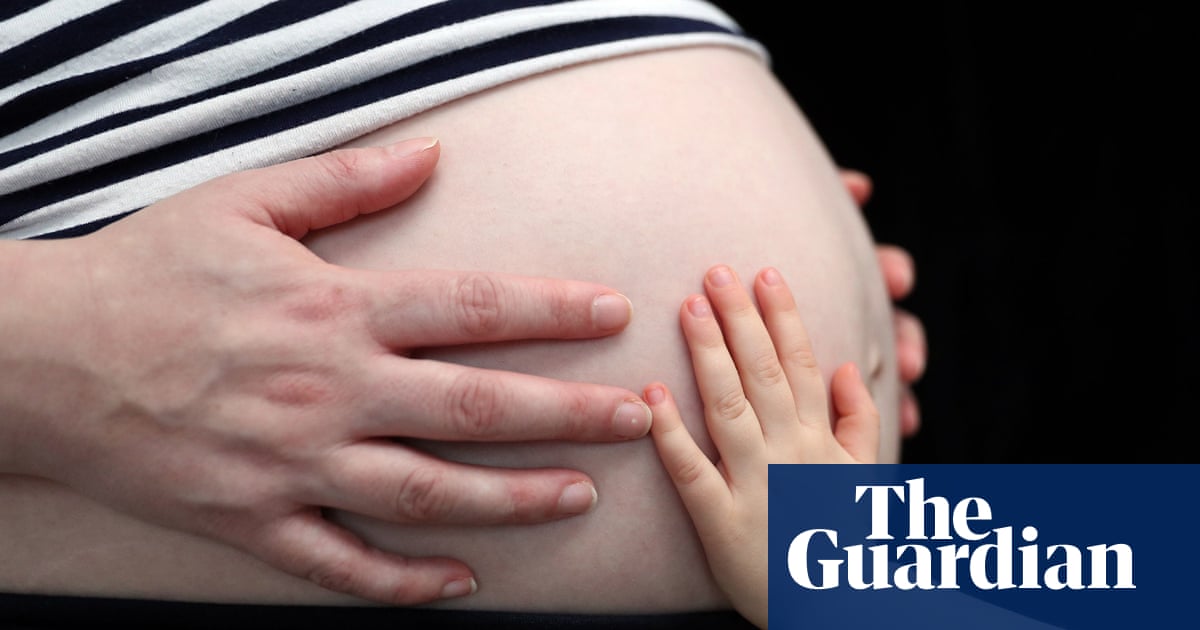
Five patients of a California fertility center have been awarded a total of $15m after a freezing tank failed, rendering some of more than 3,500 frozen human embryos and eggs unviable.
While the extent of the damage from the accidental thaw is unclear, jurors awarded the sum to clients of the Pacific Fertility Center in San Francisco after finding that the storage tank maker, Chart Industries, knew about a defect that prevented accurate temperature monitoring and had not warned the center about the problem.
The case could have significant consequences for a fertility industry estimated to be worth $37bn by 2030 and comes amid declining fertility rates and a drop in childbirth, recently described as a Covid baby-bust.
Jurors in the case found that Chart was 90% and Pacific Fertility 10% responsible for the failure to adequately safeguard the material. It marks the first time a jury has awarded damages in a case involving the destruction of eggs and embryos.
“This verdict should be a wake-up call for fertility centers. The jury’s award shows that when clinics make mistakes they can be devastating,” Adam Wolf, lead attorney for the plaintiffs, told the Guardian.
At the trial, the freezer manufacturer argued that the error was caused by fertility clinic lab employees unplugging the tank’s malfunctioning controller and then keeping eggs and embryos in a container with no temperature-alert system in operation for 17 days.
But lawyers for the plaintiffs presented evidence that Chart knew about a problem with the tank from a 2012 internal study and had received complaints about a malfunctioning controller since 2015.
Laura and Kevin Parsell, a couple who had four frozen embryos that were lost, were awarded $7.2m. Rosalynn Enfield, a 43-year-old mother of two who lost 18 eggs, was awarded $2.6m; Adrienne Sletten, a 43-year-old woman who lost two eggs, was awarded $2.075m. Chloe Poynton, a 39-year-old woman who lost nine eggs, was awarded $3.1m.
“It’s really painful to be at a baby shower celebrating someone else’s family being built and knowing inside you’ll never get that,” Poynton told the court.
In closing arguments last week, attorney Dena Sharp had asked for up to $30m in damages. “Nothing can bring these eggs and embryos back,” Sharp said. “Nothing can turn back that biological clock. Nothing can truly restore what these plaintiffs had taken from them.”
Wolf, meanwhile, said many of those who had lost eggs and embryos, were still struggling with their loss.
The claim was the first to come to trial out of 140 federal lawsuits filed against the tank manufacturer over the accident. A second trial involving about five other plaintiffs is scheduled to begin later this year.
But Pacific Fertility is not the sole fertility clinic to have reported problems with Chart’s freezer. More than 4,000 eggs and embryos were lost at the University Hospitals Fertility Clinic in Cleveland. About 150 families have settled claims with the clinic. Other related lawsuits are ongoing.
Wolf said his firm, Peiffer Wolf Carr Kane & Conway, had represented hundreds of people over eight years in claims against the fertility industry, which is largely unregulated except in terms of the way in which clinics can advertise their pregnancy success rates.
Groups such as the American Society for Reproductive Medicine set industry standards for facilities that opt in, but the recommendations are voluntary. In some cases, clinics have used the wrong sperm and there is no oversight in terms of registering recipients of third-party sperm.
“Tragically we see very serious errors on a daily basis. These are the wild west days of the American fertility industry. It operates behind closed doors, and under a veil of secrecy. It can do, basically, whatever it likes, and that’s no way for an industry that is so important to operate,” Wolf said.
Naomi Cahn, director of the University of Virginia’s Family Law Center, said that last week’s verdict, could bring calls for greater regulation.
“Storage tank breakdowns are one example of problems in this industry. The lack of oversight, ranging from not knowing the if tanks are being appropriately regulated to manufacturing defects to not knowing how many other people may have used the same donor eggs or sperm, is worrying.”
As its stands, fertility clinics are required only to report success rates when they use reproductive technology involving eggs, but not when only sperm is used. “But reporting success rates does not regulate how the eggs are stored or other types of negligence,” Cahn said.
While the ASRM has a strong role in providing guidance, greater oversight is required to protect future families, Cahn says. If she were to issue a call to lawmakers, she added, it would be to “establish one single government entity to oversee the fertility industry and ensure that entity issues appropriate regulations including certification of all aspects of the technology”.
“We don’t want to interfere with the patient-physician relationship, we just want to make sure that when you trust your egg, sperm and embryos to a tank, that tank will not malfunction and there are appropriate procedures in the clinic if it does.”












